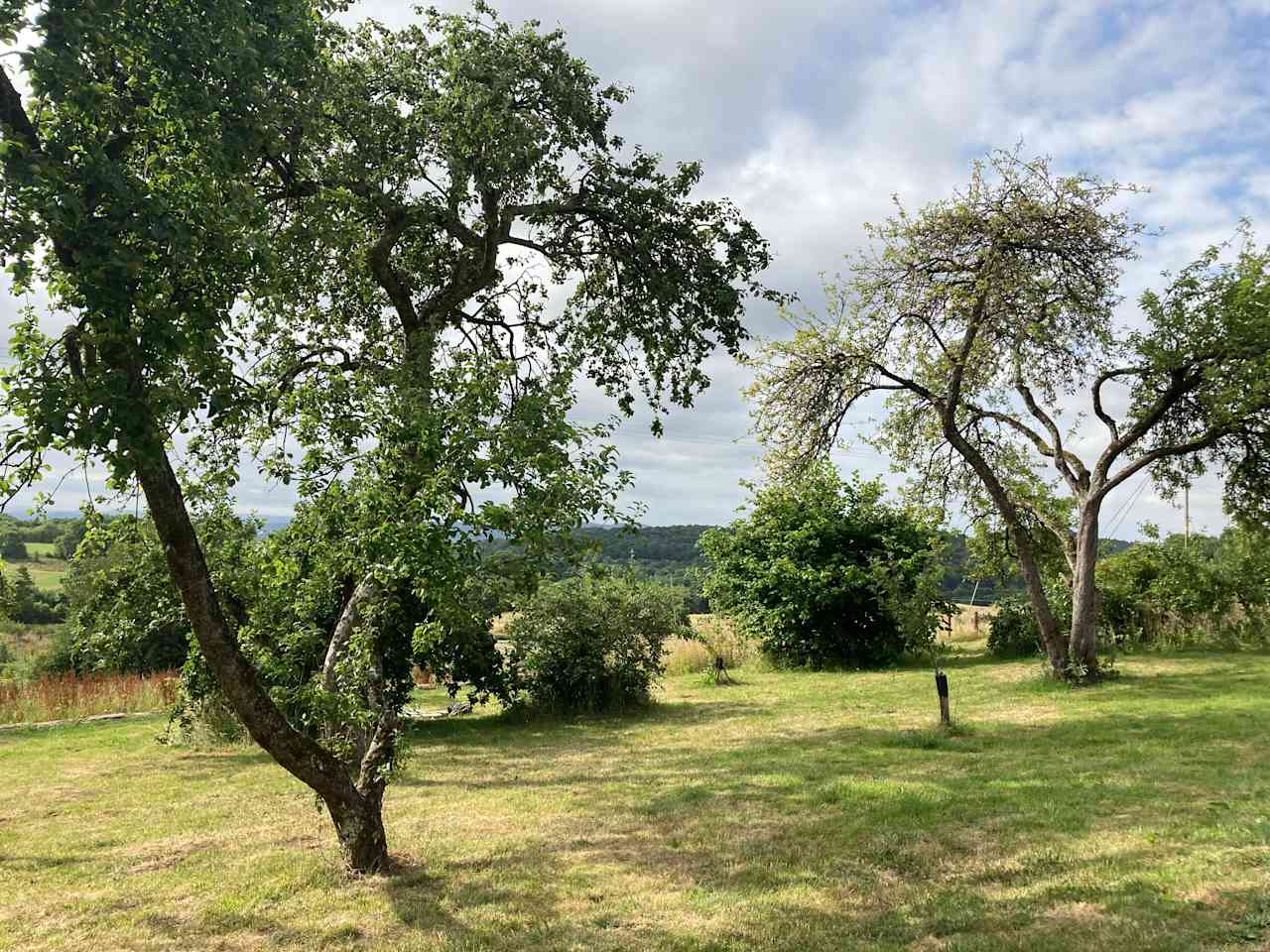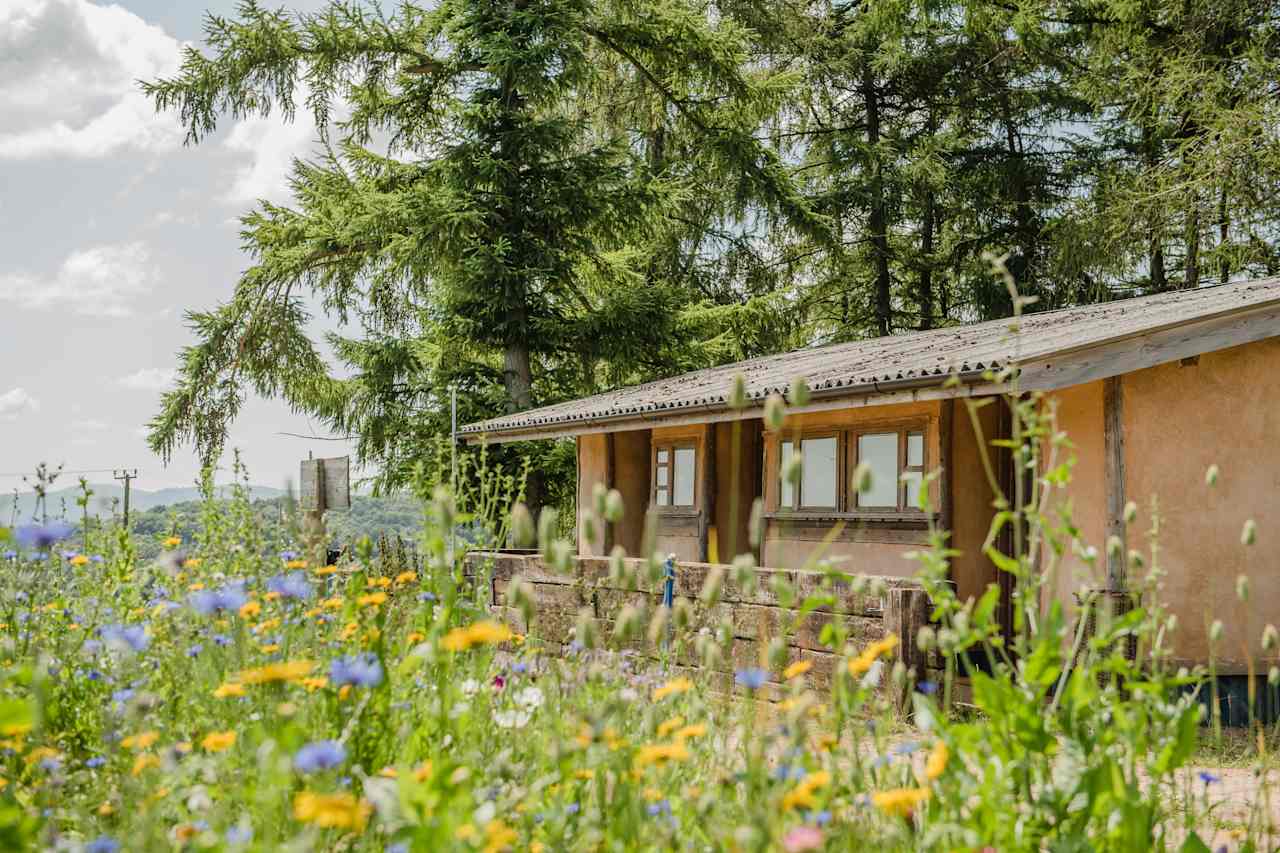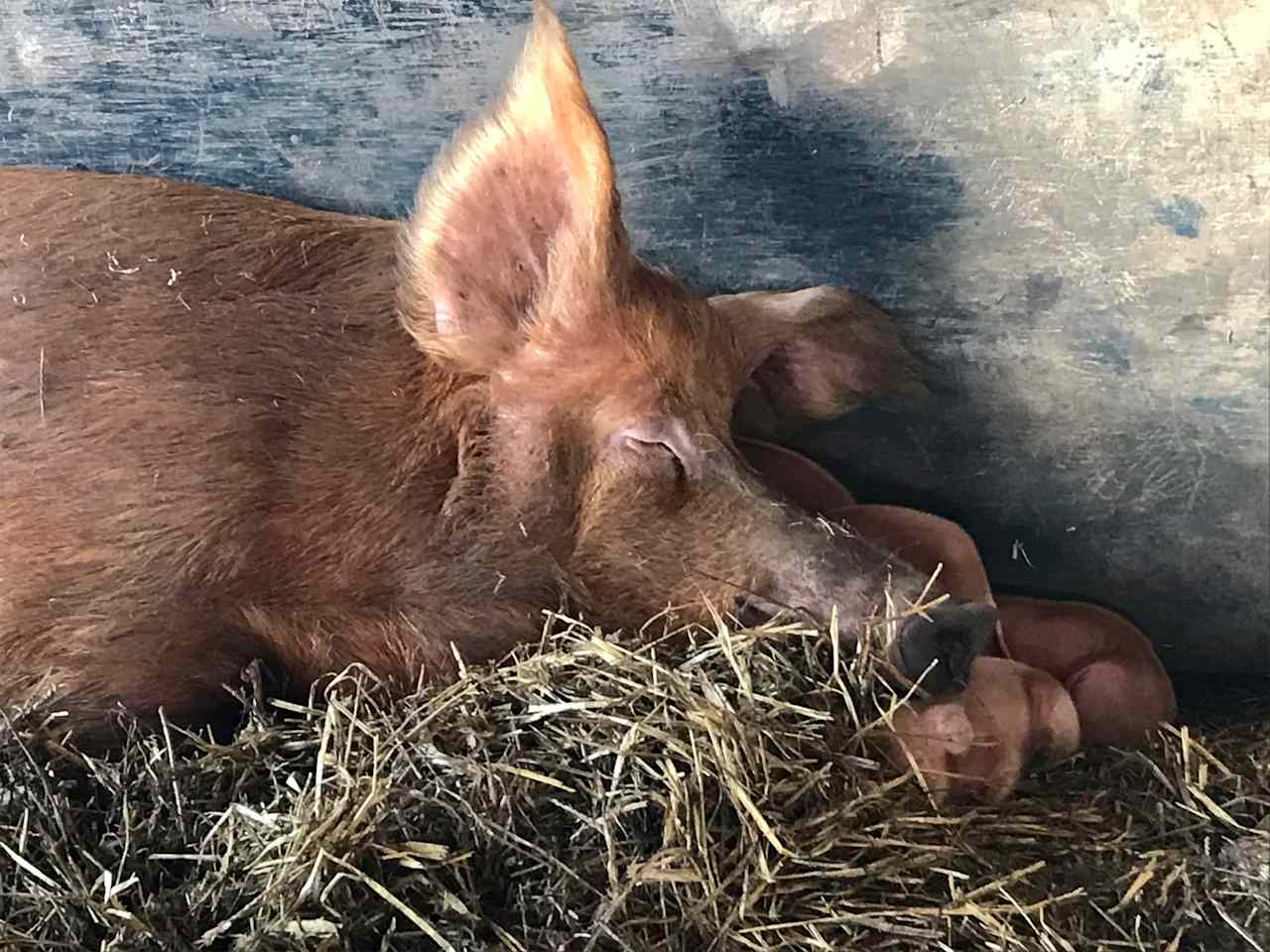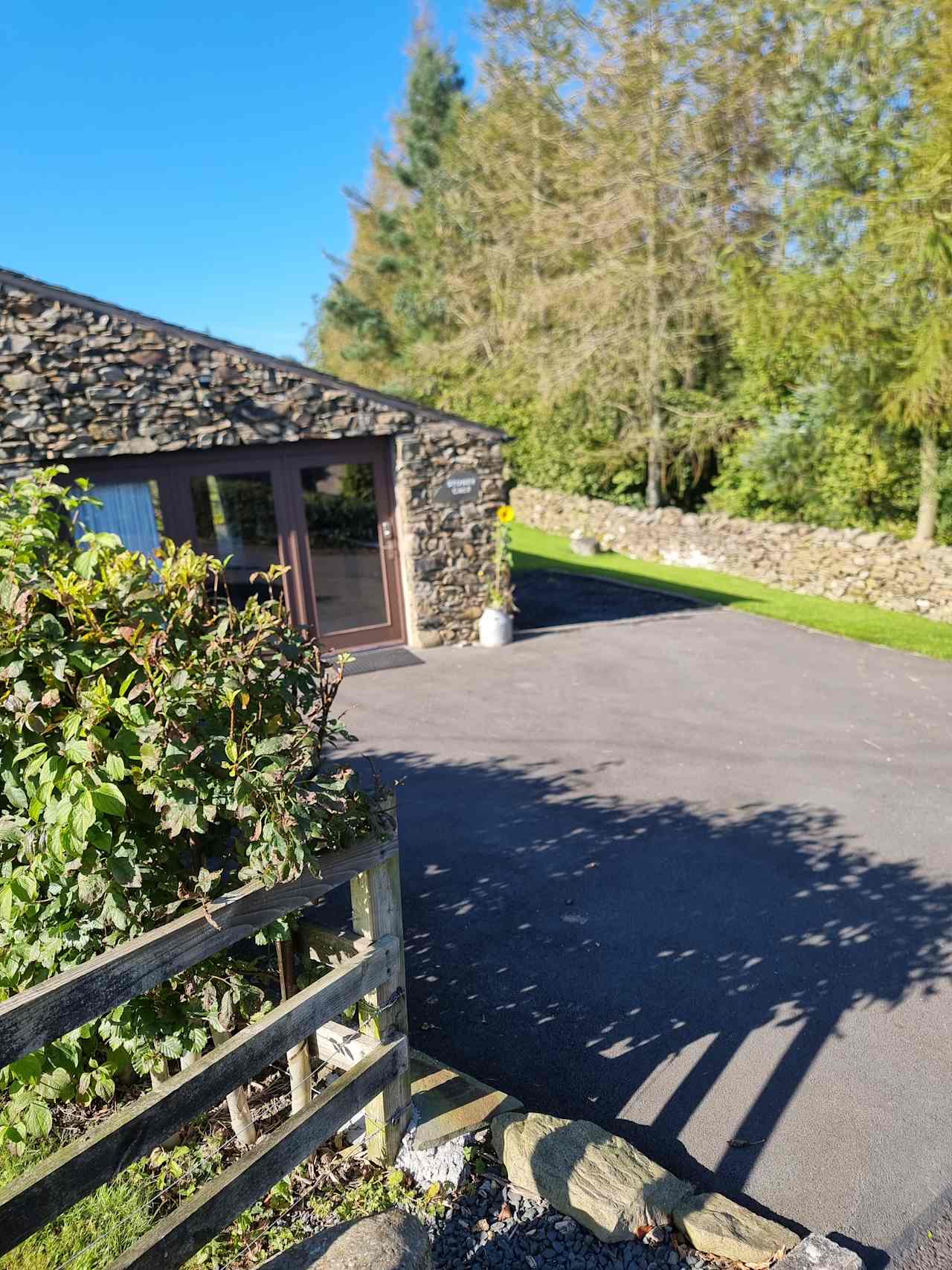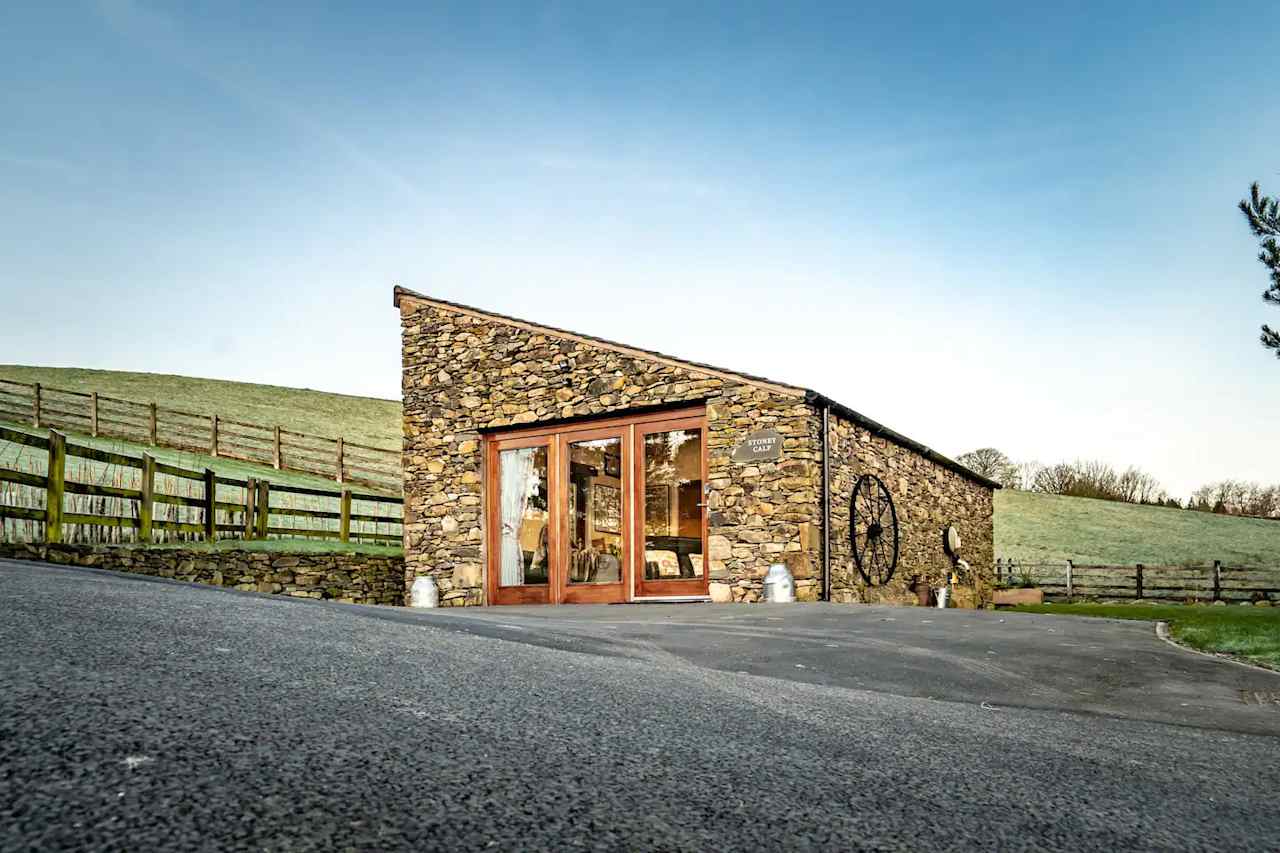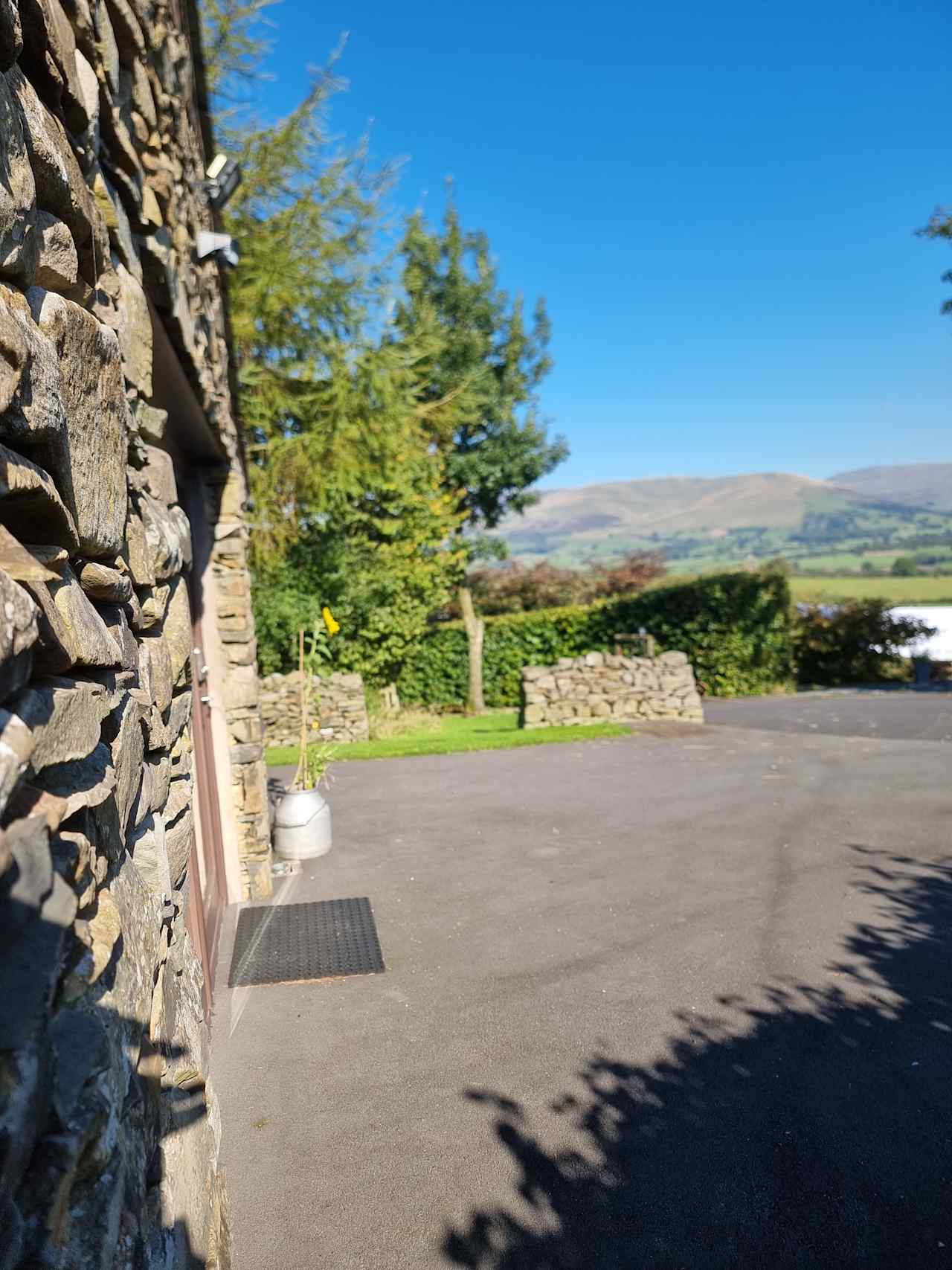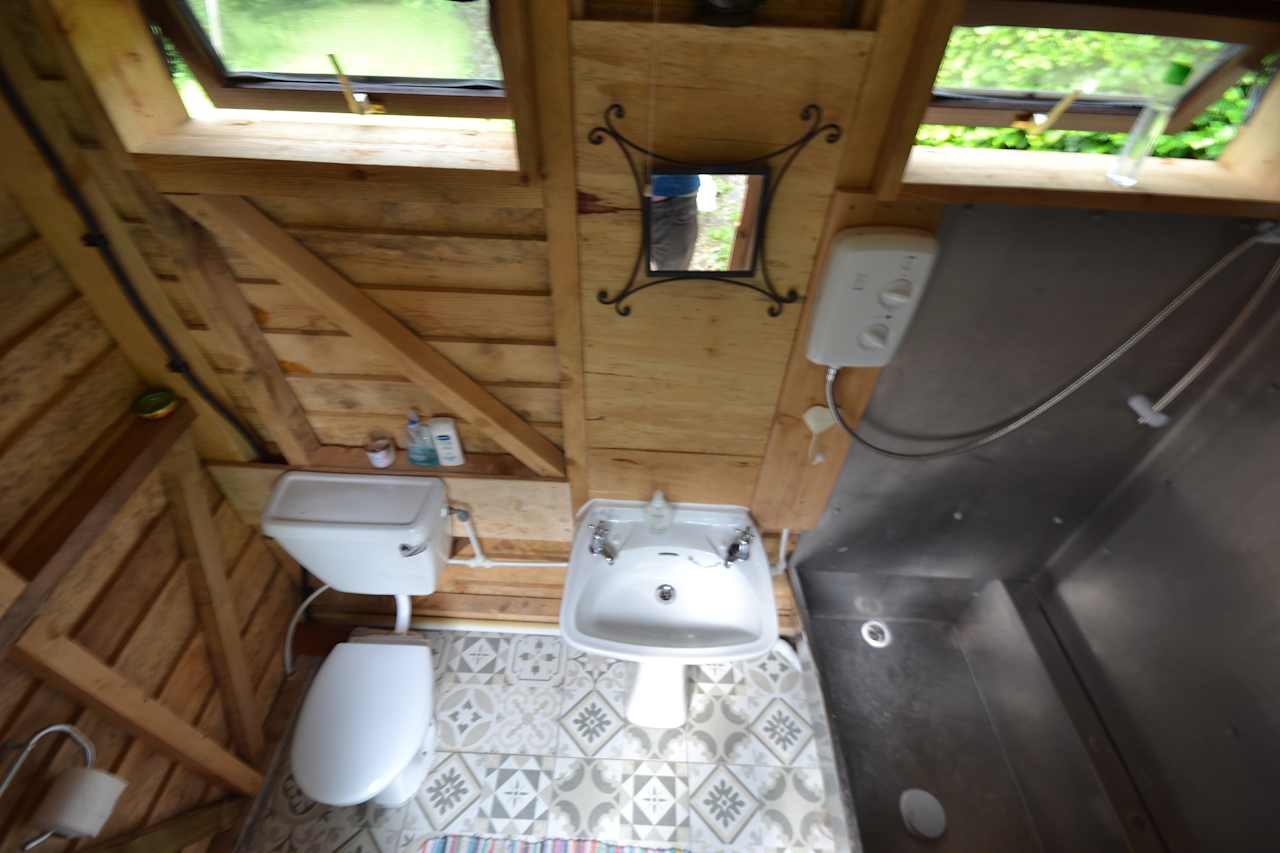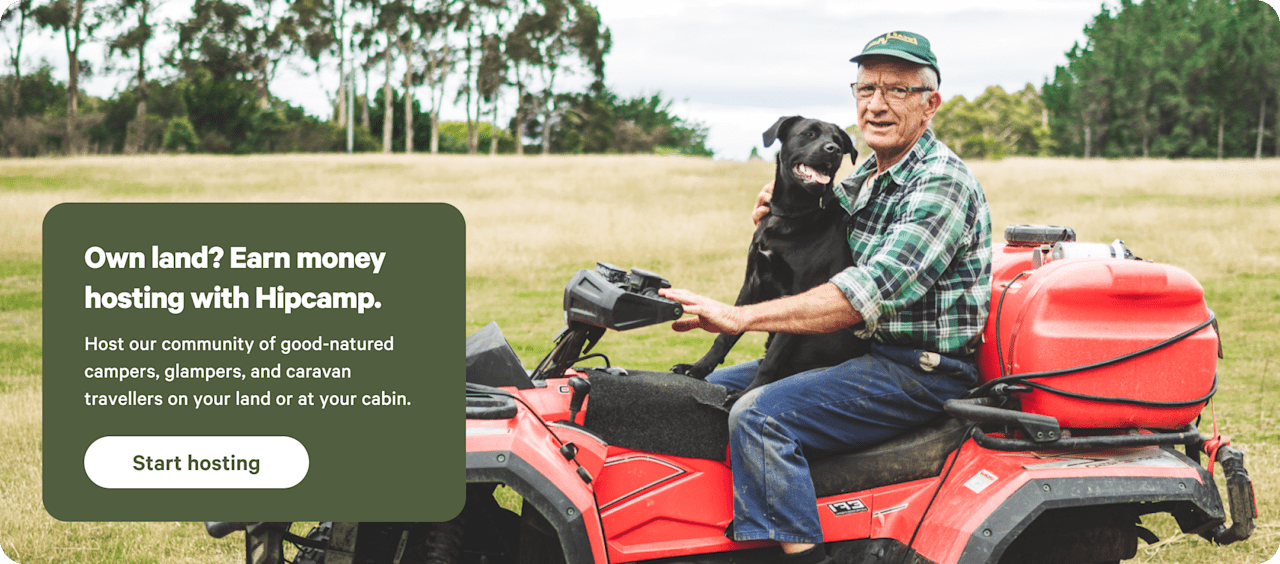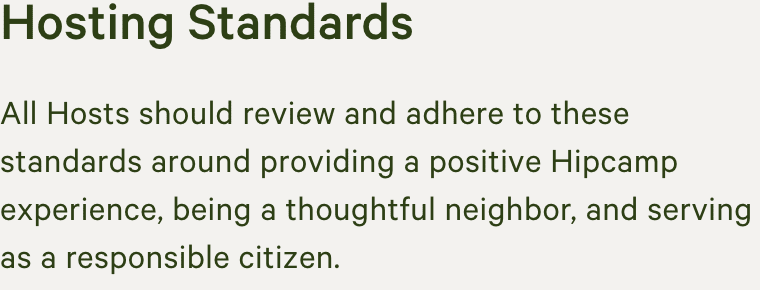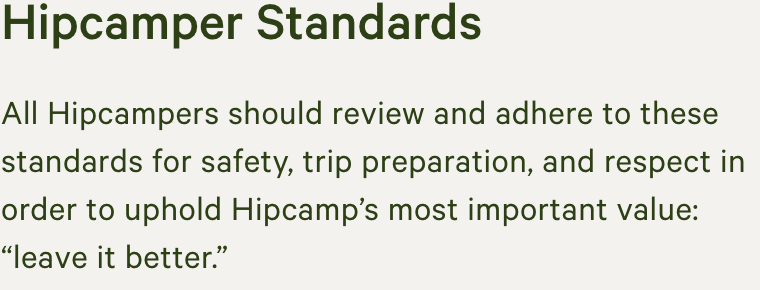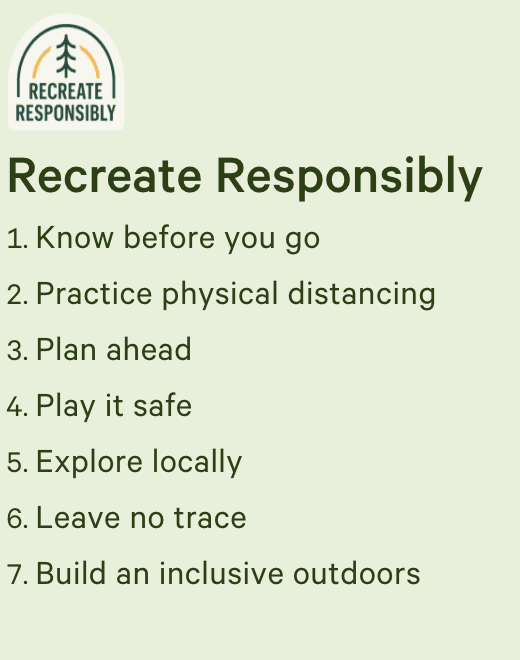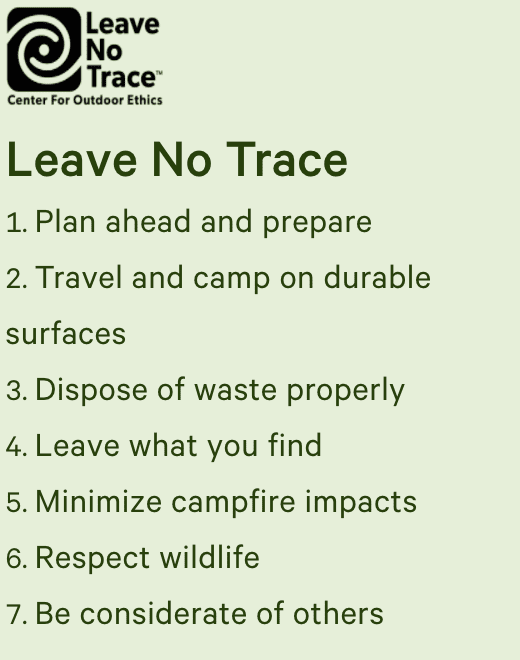Barns near Abergele with showers
Peaceful Abergele makes a base for camping adventures along beaches, valleys, and ridgetops.
- Abergele
Popular camping styles for Abergele
3 top barns sites near Abergele with showers
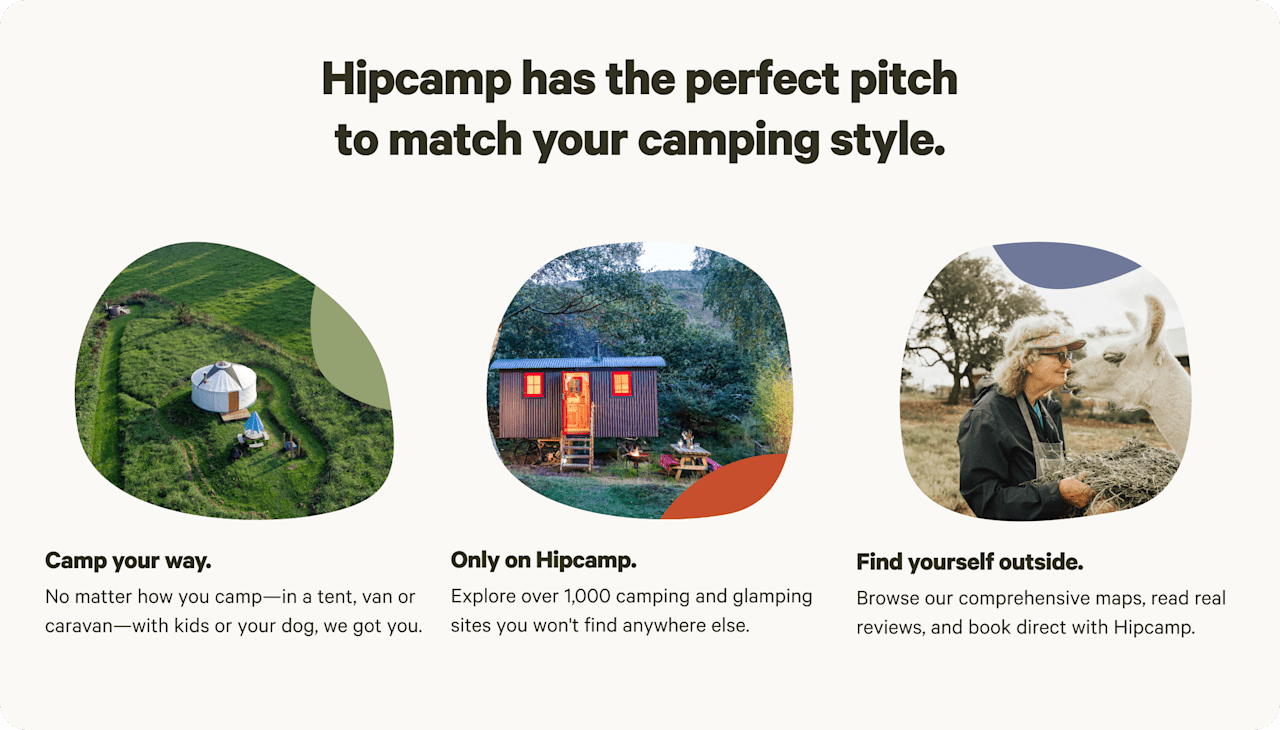

Barns near Abergele with showers guide
Overview
On the North Wales Coast, laidback market town Abergele has access to all of the popular sandy shoreline but is also backed by scenic, seldom-explored wooded hillsides containing 19th-century Gwrych Castle, two hill forts, and rare horseshoe bat colonies. The town presents a peaceful contrast with bustling resorts like Colwyn Bay to the west and Rhyl to the east, which makes Abergele a great base for forays southwest into woodsy Dyffryn Conwy and that valley’s adventure sports. To the southeast, the Clwydian Range offers superb hillwalking. Large campsites are situated along the coast northeast of Abergele—otherwise, try glamping in rustic shepherd’s huts in the rolling wooded hills just south.
Where to go
North Wales Coast
Long, sandy beaches spread west and east from Abergele, covering much of the North Wales coast. Most campers come to sample the seaside charms, as the easily accessible shoreline, connected via railway, is studded with promenades, theme parks, and big resorts like Colwyn Bay and Rhyl. Caravan and camping sites can be found everywhere, although Colwyn Bay and Rhyl have the most choice outside Abergele. The Wales Coast Path passes through for hikers, while Prestatyn, nine miles northeast of Abergele, is the Offa’s Dyke Path trailhead.
Dyffryn Conwy
Coiling south of Conwy along to Betws-y-Coed and accessible from Llansanffraid Glan Conwy is Dyffryn Conwy, the verdant valley cut by the River Conwy. This wood-carpeted area sports excellent campsites in Caerhun and Trefriw, while Snowdonia (Eyri) National Park’s peaks dominate off to the west. Active highlights include scenic walking, the world’s only artificial lagoon surfing at Adventure Parc Snowdonia, and woodland adrenaline rushes at Zip World Fforest, from ziplines to an alpine rollercoaster.
Clwydian Range
Seven miles southeast of Abergele lies Britain’s second-smallest city, St Asaph. It’s set on the doorstep of the stunning Clwydian Range of hills, where bald AONB-protected uplands offer long-distance hiking along the Offa’s Dyke Path and panoramas all the way to Snowdonia. The western side of the hills has the best camping.
When to go
For seaside campers, April through September generally yields the sunniest beach weather. Rain and strong winds, however, can still be in the cards at this time. July and August make up the school summer holiday season, making the coast very busy, while August and September see seawater temperatures at their warmest. Big local events worth pitching up for include the Rhuddlan Food Festival in May and Rhyl’s K-fest music festival in August.
